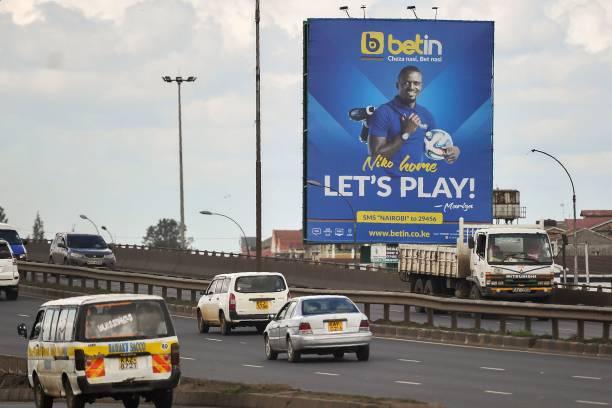Young offenders will be taken into automatic custody if alleged to have breached bail conditions under the Northern Territory’s (NT) crackdown on crime.
Police will be granted powers to immediately place electronic monitoring on alleged offenders and breath test children without an adult guardian present under the proposed crackdown.





